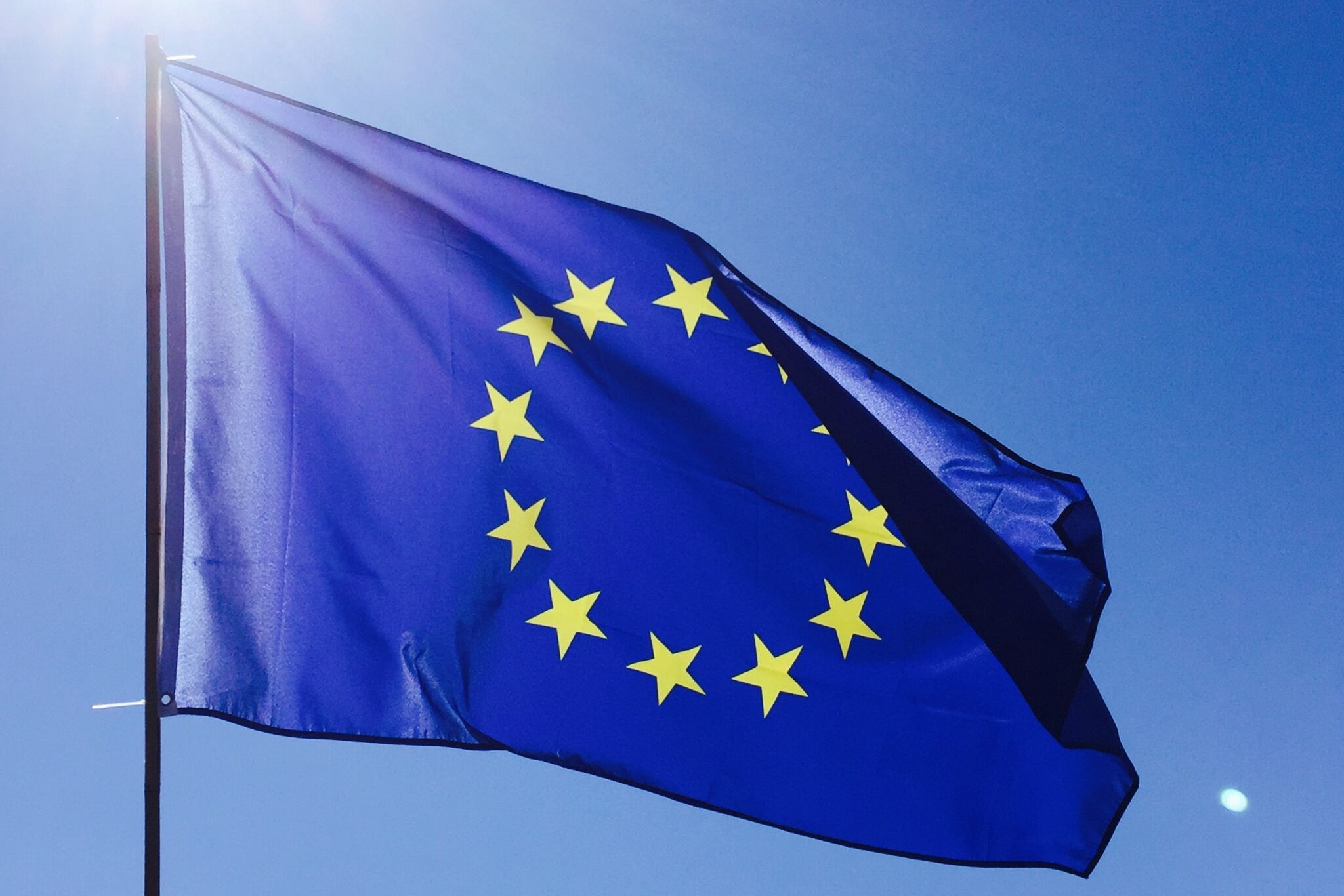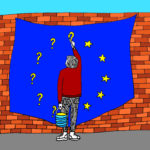‘No to the European Union.’ Ok, but what then? A nationalist renaissance? Political isolation and marginalisation? Stirring up hatred and closing borders? Anti-European movements are growing, not only in Great Britain, where Brexit taught us that everything is possible. This shows us that EU-scepticism represents a real threat to the basic values of our European coexistence.
A guest contribution by students of the Franco-German secondary school in Freiburg / 25.8.2017
Sixty years after the foundation of our economic community, so many Europeans prove to be critical of their greatest achievement. Why? It is understandable that the existence of this union could be questioned by some of its 510 million citizens. It is also clear that our European Union, as it is now, is complex and incomplete. It is difficult to understand, since it consists of a complex tangle of rules and legislation which make it intransparent and too bureaucratic to be close to the population. These are some of the main critical arguments.
Indeed, this union may seem far from the everyday reality of many people. The EU strengthens the power of lobbyists and neglects the individual citizen. The European Union wants to convey an image of unity, even though it is not able to provide political unity. Because of this lack of a uniform policy, it is impossible to homogenise the economic disparity and social inequality which arise in the European countries. Social classes increasingly diverge.
It does not seem necessary to recall what would happen to a divided and hostile Europe. Or does it? The first half of the past century should be a warning. The European Economic Community was founded as a means of securing and protecting peace. This aim has been successfully achieved. In Europe today you can read about war only in history books.
At this very moment, while thousands of people are fleeing from the tragedy of war and terror, we should be grateful for this precious blessing and we should preserve it carefully. It would be foolish to endanger all of this.
The European Union protects democracy. Freedom of press, opinion and religion are only a few examples of the inviolable rights which each European citizen holds. Are we not immeasurably fortunate to live in a country where the principles of freedom and self-determination are embedded in the constitution? How many governments are still authoritarian and disrespect the indivdual human being? How many people still fight for freedom and are oppressed, tortured and massacred?
Each member state of the European Union must respect principles of democracy and, when a new country wants to join the EU, it must first submit to a series of checks, which guarantee a stable democracy.

EU flag © Anja M.
Two of the main aspects of the EU are free movement of persons and goods and the common currency. These, in addition to freedom and democracy, are the key features of the European Union. They are certainly not perfect. Above all, the use of the euro is particularly criticised. Still, in the Eurozone the currency exchange has disappeared, as well as the costs associated with it.
Any European citizen can move around as they please, travel and cross the borders without being monitored. The Schengen Agreement, in which these rights are encompassed, does not only foster economic prosperity, but also and above all a cultural exchange. This exchange leads to cross-cultural comprehension and contributes to the preservation of a pacific coexistence.
When word spreads that some countries want to build walls and barriers, you can do nothing but shake your head in astonishment. We must never go back to this point, because the freedom of crossing the borders of your own country should not be questioned, whatever the aim you want to achieve is. It would be a step backwards for our European society, that is so free and diverse.
The European Union is not perfect. Nevertheless, it guarantees freedom and safety. Criticising it is legitimate. Destroying it is not. We cannot bring into question the fact that it is time for change and transformation, because the EU needs to be prepared for its tasks in the future. These modifications have to be achieved by all of us together, without hostilities and inner divisions.
Today, more than ever, the EU needs to be strengthened. Is it not a privilege to see that your neighbours and friends are free and with no restrictions? To travel without enduring a thorough inspection of your passport? To avoid the annoying task of changing currency every time you want to cross your borders? And most of all, is it not a privilege to live in peace? For us Europeans, these rights have become familiar, by now we take them for granted. Yet, there are more and more people who question all these privileges.
Esteemed European citizens, we are pro-Europe and we are declaring it explicitly. We are proud of being part of a community with 510 million inhabitants, which possesses a diverse and varied cultural heritage. We want exchange, not walls. Our European Union must remain a synonym of freedom, peace, and safety. We hope to see a more democratic and transparent EU, with more social equality. And we need big projects for the entire European continent, as for example in the branch of sustainable development.
This article was first published on thenewfederalist.eu, the magazine of the Young European Federalists. The content they produce is also published in French, Spanish, German and Italian.






Recent Comments